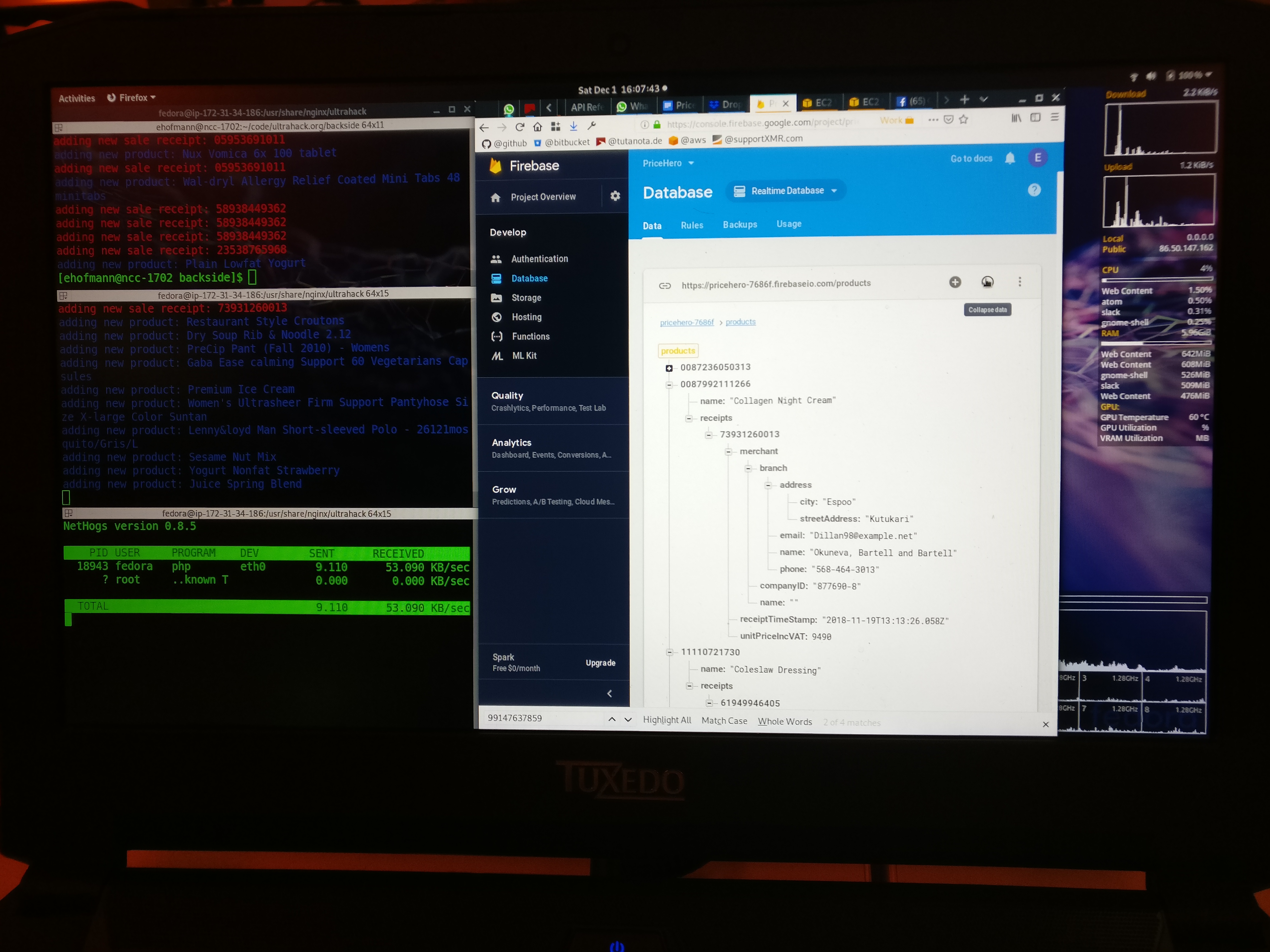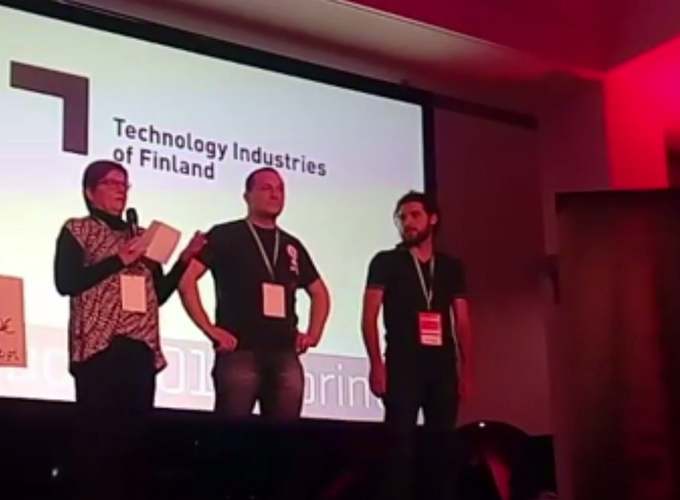Receipt Hero, the name of our winning software at Ultrahack 2018 Sprint II, provides users with seamless access to purchase information by analyzing receipt data, revealing where products were purchased and their prices. Winning this prestigious event not only validates our knowledge and creativity under pressure, but also gives us opportunities to further develop and implement our solution. I am immensely proud of our team’s accomplishments and grateful for the invaluable experience gained during Ultrahack 2018 Sprint II.
Ultrahack is an annual hackathon event that brings together developers, designers, and entrepreneurs to collaborate and create innovative solutions to various challenges. The Ultrahack 2018 Sprint II was one of the editions of this event held in 2018.
During the Ultrahack 2018 Sprint II, participants typically formed teams and worked intensively over a short period, often a weekend, to develop prototypes or solutions addressing specific challenges or themes. These challenges could span a wide range of areas, including technology, sustainability, healthcare, finance, and more.
Participants at Ultrahack events often have access to mentors, workshops, and resources to help them refine their ideas and projects. At the end of the event, teams present their projects to a panel of judges, who evaluate them based on criteria such as innovation, technical implementation, and potential impact.
Ultrahack events are known for fostering creativity, collaboration, and rapid prototyping, providing a platform for aspiring innovators to showcase their skills and ideas. The Sprint II of Ultrahack 2018 likely followed a similar format, offering participants an opportunity to engage in intensive problem-solving and innovation within a short timeframe.
CHALLENGE
Real-time economy is an environment where all the transactions between business entities are in digital format, increasingly generated automatically, and completed in real-time. The core objective of the real time economy is the reduction of latency between and within processes. Latency reduction will reduce capital occupancy costs by occupying assets (physical and labour) for less time. At the moment, the cost of manual data entry work in Finnish companies amounts to 900 million euros per year.
Current paper-based receipt creation and management process is complex, ineffective and cumbersome. In addition, row-level receipt data has not been available for developing new solutions and applications. Electronic receipt (eReceipt) provides for easily accessible row-level data and consequently opportunities to create totally new businesses based on structured data.
Your challenge is to hack the eReceipt data and come up with novel applications!
 |
 |
|---|---|
 |
 |
